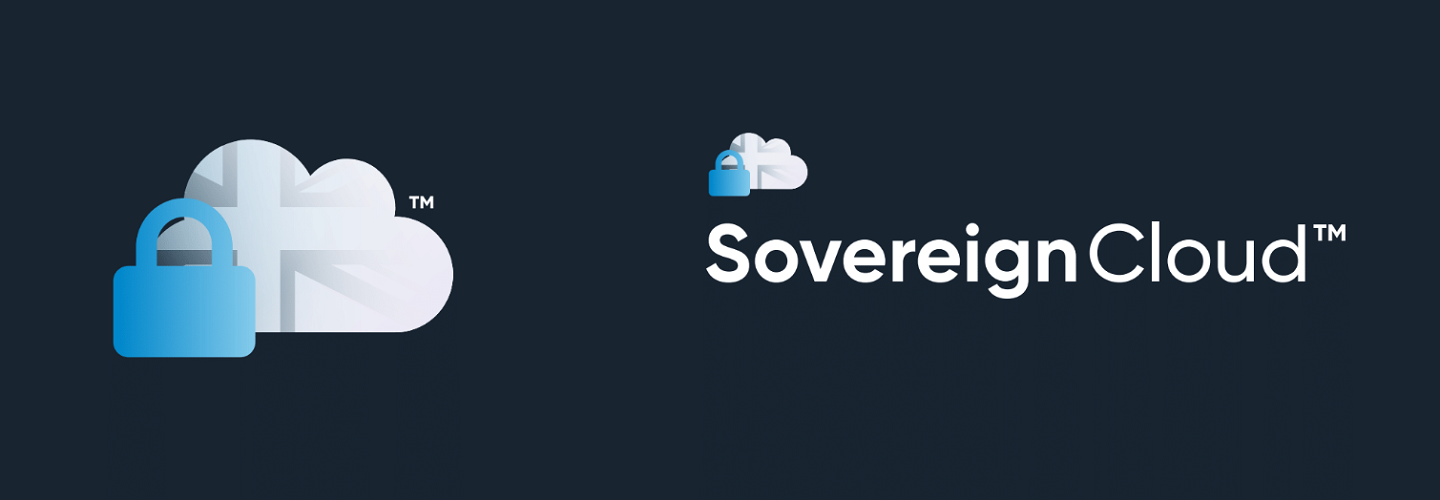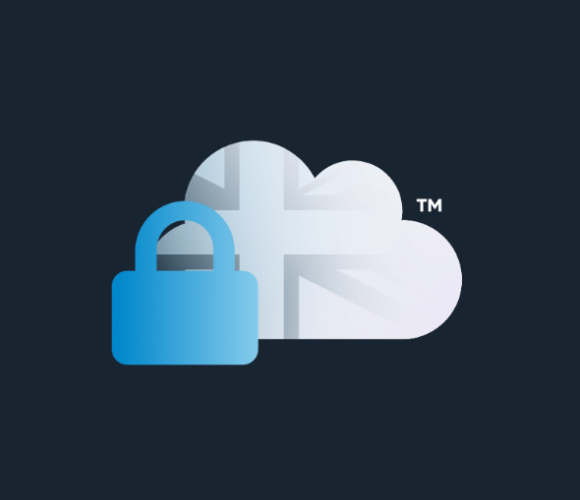
Big data and cloud computing, 3d rendering. Computer digital drawing.
Summary
- Sovereign cloud ensures all data including metadata stays on sovereign soil
- Regulation has caused a legal challenge around cloud
- Necessary to differentiate what data can be classified
- Sovereign cloud is really about protecting and unlocking the value of critical data
Sovereign cloud is not a new concept but what has become very topical in recent times is the changing geopolitical landscape and new regulations that affect control of data. In essence, a sovereign cloud ensures all data including metadata stays on sovereign soil and prevents foreign access to data under all circumstances. It provides a trusted environment for storing and processing data that can never be transferred across borders and must remain under one jurisdiction.
Data Collection
Fundamentally it is about data, its ownership, trust, control, national interests, and compliance with regulations. The amount of metadata that cloud providers are collecting is much greater than people realise. The collection is often automatic and may include data such as IP addresses, credentials, as well as logging and diagnostic reports.
With industries and organisations, both public and private, storing more and more data in cloud data centres, which is predominately dominated by American tech giants. Regulation has caused a legal challenge around cloud with the US Cloud Act and similar laws in other countries such as China, now in direct conflict with GDPR, Data Act and Data Governance Act. This Act is meant to control the flow of data across borders to prevent the risk of access to data by non-European authorities. In particular, the rules demand that sensitive or critical data stay on sovereign soil.
Interestingly enough, there is currently a cloud-based digital evidence-sharing system for police in Scotland being piloted, despite major data protection concerns raised by watchdogs about how the system might not fully comply with specific data protection requirements for UK law enforcement bodies.

- You need to understand the different classification tiers such as public, confidential or restricted data, which vary by country or region, that applies to your business
- You need to understand the different types of industry data such as national, corporate, or personal, that applies to your business.
Organisations need to understand and assess what data is stored in the cloud and whether any of that data is being transferred outside of the EU. That is why the first thing to do is a full data and application assessment. You need to appreciate that not all data is the same and that there are differences between clouds. You must deploy the right applications and the right data into the right cloud, whether it is private, hybrid or native public cloud.
Digital Empowerment
Above all, digital sovereignty is the right of the nations, organisations and citizens to have control over their digital autonomy and their data. The sovereign cloud infrastructure is the connected network needed to unlock all the potential of the data-driven insights and promote the innovation of the society through digital technologies. Digital ecosystems need to flourish through collaboration and open access to commonly architected data hubs.
Sovereign cloud is really about protecting and unlocking the value of critical data as well as providing all the other core benefits such as agility, security and automation. A sovereign cloud needs to become part of your multi-cloud strategy.

Coming Soon – New UK Sovereign Cloud Platform
Our new UK Sovereign Cloud platform which will ensure that your data is protected and kept sovereign complete with all the relevant assurances.
Get in touch with our sales team today!
Email- sales@claritas-solutions.co.uk
Phone- 0330 333 88 33
Or complete the online contact form



